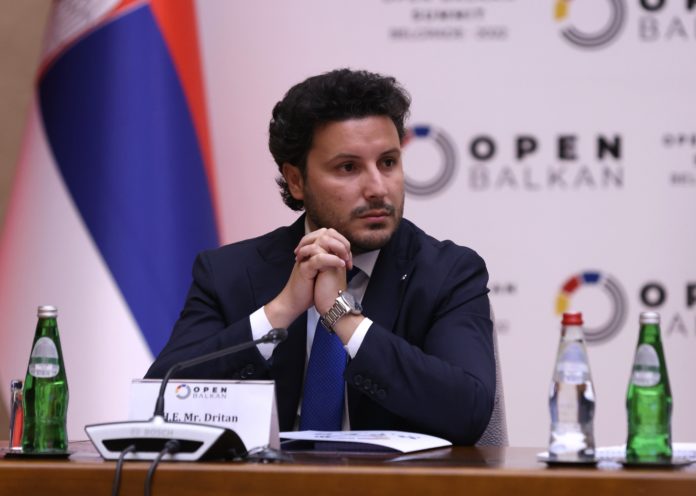“Everyone Seeks Higher Salaries: Montenegro Faces Significant Debt Challenges”

EPA / Andrej Čukić
The Montenegrin government faces pressure over public sector salary demands. The proposed budget for next year allocates 67 million euros for this, but unions are calling for more.
Last week, the Montenegrin government unveiled a budget proposal of 2.85 billion euros for the coming year, marking the largest budget to date.
Prime Minister Dritan Abazovic and Finance Minister Aleksandar Damjanovic noted that total social benefits will rise by 45 million euros, with 35 million earmarked for pension increases and 67 million designated for public sector salary hikes.
– The government anticipates wage growth in the public sector, which will be adjusted according to the inflation rate – stated Damjanović. The latest data indicates that annual inflation in Montenegro is nearly 17 percent.
Unions Persist in Strike Action
Public sector unions are demanding salary increases of up to 45 percent. The largest unions, representing Education and Administration and Justice, are willing to accept phased implementation over the next two years but expect a significant initial increase in the upcoming annual salary.
From the management and judiciary sectors, at least a 25 percent increase is necessary, while the Minister of Finance suggested a 20 percent raise starting January 1, without detailing further increases for 2024 and 2025. The Education union is awaiting a final proposal before deciding on next steps.
– The government has suggested spreading this increase over two or three installments in the next two years, and we believe this is an offer worth considering. We will respond once a specific proposal is made – commented the union president Radomir Bozovic for DW.
Damjanovic indicated that the outcomes of negotiations will be known this week. If the terms are unsatisfactory, Bozovic has mentioned a backup plan.
– Should we determine that the offer is inadequate, we will pursue other union actions. Whether this involves protests, strikes, or a complete halt to teaching will be decided by the General Committee of the Union – Bozovic stated.
Besides educators, police officers, firefighters, and non-academic staff from the State University are also seeking higher wages, with those discussions ongoing.
Continued State Borrowing
To support its ambitious budget and fund salary increases, the government will need to borrow substantial amounts. They project the budget deficit to exceed 700 million euros, with borrowing reaching up to 2.5 billion euros by 2025 to address a projected 1.2 billion euro shortfall.
Economic analyst Zarija Pejović remarked to DW that adopting such a budget could mean over half of Montenegro’s GDP would be allocated to public spending. “This would lead to a significant uptick in public expenditure, raising questions about the budget’s sustainability,” Pejović noted.
– Once salaries are increased, making cuts later would likely face strong opposition. That raises concerns about this proposal – Pejović emphasized.
Montenegro Risks “Greek Debt Scenario”
Pejović expressed concern over the extensive borrowing, recalling that Montenegro’s public debt has surged sixfold since independence.
– It is unwise to escalate public debt through heightened allocations for salaries and pensions unless funded by capital or infrastructure projects that yield new value – he stressed.
Minister Damjanovic did not rule out a potential agreement with the International Monetary Fund (IMF) in case of severe fiscal disturbances next year, noting that IMF conditions have become less stringent. However, Pejović fears Montenegro has been on a “Greek debt scenario” trajectory for the past 15 years, marked by persistent budget deficits.
– This scenario poses the risk of an IMF arrangement, which could entail sharp cuts. Countries like Greece have faced traumatic experiences under such conditions – Pejović concluded.


